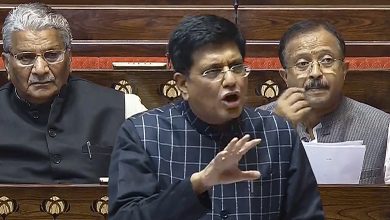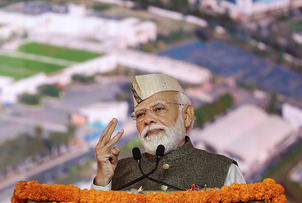Abetment proved when person instigates another to do something: SC

New Delhi, Sep 14 (PTI): Abetment is proved when a person instigates another to do something and creates such circumstances that the latter is left with no option except to commit suicide, the Supreme Court said on Tuesday.
A bench of Justices M R Shah and Aniruddha Bose made the observation while setting aside an order of the Madras High Court which upheld conviction of a man for the offence under Section 306 (Abetment of suicide) of the Indian Penal Code, sentencing him to three years of rigorous imprisonment. The apex court was hearing the appeal by one Velladurai against the high court order. There was a quarrel between the accused and his wife, who had been married for 25 years and had three children, and the couple consumed pesticide, the top court noted, adding that while the man survived, the woman died. “Abetment by a person is when a person instigates another to do something. Instigation can be inferred where the accused had, by his acts or omission created such circumstances that the deceased was left with no other option except to commit suicide,” the bench said.
The top court said that in the instant case, the allegation against the appellant is that there was a quarrel on the day of occurrence; however, there is no other material on record which indicates abetment.
“There is no material on record that the appellant-accused played an active role by an act of instigating the deceased to facilitate the commission of suicide. On the contrary, in the present case, even the appellant-accused also tried to commit suicide and consumed pesticide.
“Under the circumstances and in the facts and circumstances of the case and there is no other material on record which indicates abetment, both the High Court as well as the trial Court have committed an error in convicting the accused for the offence under Section 306 IPC,” the bench said.








